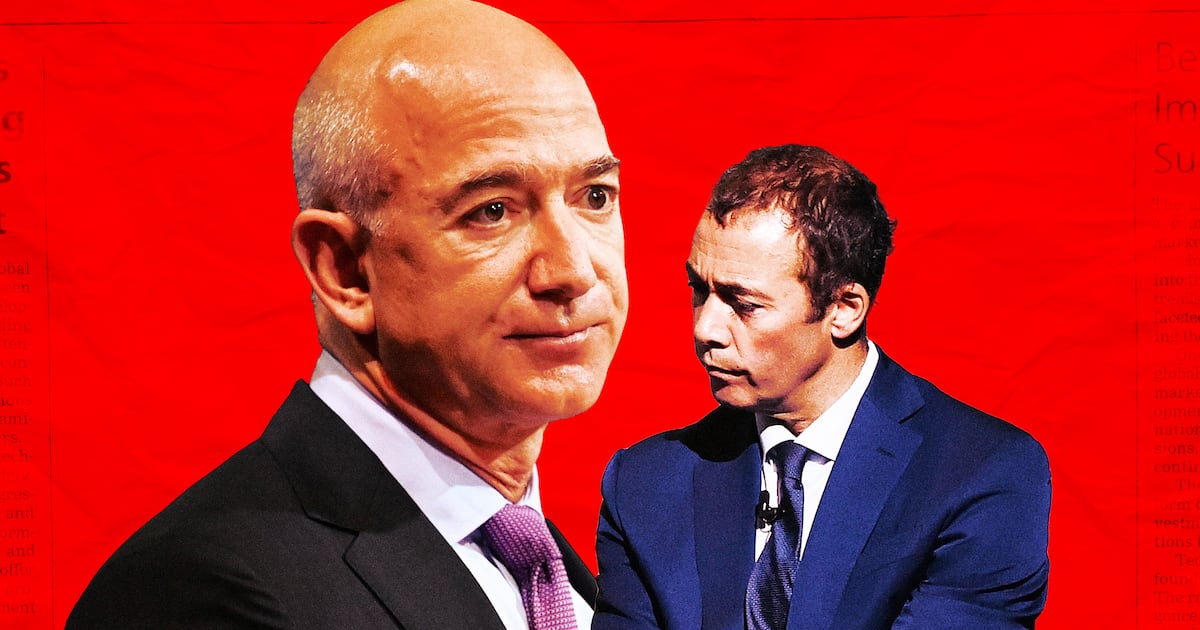One of the odder byproducts of recent biographical documentaries, which, to a certain extent, have become a classier form of tabloid journalism, is the propensity of media mavens to mine them for so-called “secrets” or “revelations.” It almost makes one wonder if it would be better for documentarians to close up shop and merely generate listicles detailing what they’ve learned from researching their subjects.
Still, inquiring minds want to know about the celebrities we either love or love to loathe and Asif Kapadia’s Amy, a new film profile of the late, great British pop singer Amy Winehouse that premiered at a midnight screening at Cannes, doesn’t stint on tidbits that will appeal to those of us who consider the Daily Mail a guilty pleasure. Nevertheless, despite the litany of gossipy reveals regurgitated online, Kapadia’s biggest achievement lies in creating considerable empathy for a woman who had become, by the end of her life, the cruel butt of jokes told by smirking late-night comics (the film includes some cringe-worthy footage of Jay Leno making vile cracks about the troubled singer’s problems with substance abuse.)
Even the website of the Amy Winehouse Foundation is devoted to “effects of alcohol and drug misuse on young people” and non-fans who know little else about the singer recall the massive amounts of alcohol, crack cocaine, and heroin she consumed during her last days. Amy, especially during its first hour, partially redresses this imbalance by reiterating how much importance Winehouse invested in musical craftsmanship. Although she downplayed her intellectual talents and preferred to be known as a sassy working-class Jewish girl from North London, The Roots’ Questlove confides that, while he considers himself something of an expert on jazz, Winehouse outdid him by plying him with obscure jazz tracks for his perusal.
ADVERTISEMENT
In fact, Kapadia subtly makes the point that Winehouse’s artistic strengths flourished because of her fondness for all aspects of African-American musical culture, including hip-hop and rap as well as the jazz cadences of Dinah Washington, Ella Fitzgerald, and Billie Holliday. It’s certainly significant that she engaged Salaam Remi, a hip-hop producer with a taste for reggae, to help her produce Frank, her first album. In a candid interview, the rapper Yasiin Bey, aka Mos Def, admits he had a “crush” on Winehouse and shares his memories of a supremely vulnerable woman who remained oblivious, and in fact, afraid of fame at a juncture when she had become a moving target of the paparazzi’s feeding frenzy.
While claims that Amy regales viewers with significant new information have been inflated, it’s true that Kapadia paints a somewhat more nuanced portrait of Winehouse’s woozy final years than emerged at the time in the music press and tabloids. For example, although it’s been well known for some years that the effects of bulimia, as well as drugs and alcohol, fueled Winehouse’s early demise, Amy dates her colleagues’ recognition of the star’s eating disorder to recording sessions of Back to Black, her seminal second album. Technicians found that, after Winehouse devoured a huge meal, the restroom was splattered with vomit—an indication that her personal anguish was not solely the result of recreational drug use.
In addition, Kapadia affirms that Mitchell Winehouse, who emerged as a rather doting benign father in many press accounts after her death, relentlessly exploited his daughter’s fame by formulating moneymaking schemes to enrich himself. Amy intimates that Winehouse was stung by her father’s absentee status during her childhood and the documentary depicts him as, at best, a highly ambiguous figure who relished Winehouse’s celebrity status while encouraging her to accept gigs that were injurious to her mental and physical health. Few have disputed that Winehouse’s tempestuous, ultra co-dependent marriage to Blake Fielder-Civil exacerbated her drug dependency. But her father, despite staging a perfunctory “intervention” that’s chronicled in the documentary, appears to have agreed with the resounding “no” to rehab that’s immortalized in the lyrics of her most famous song. (Mitchell Winehouse is now maintaining that Kapadia is out to “destroy” him)
Whether revelatory or not, Amy’s most poignant moments derive from the treasure trove of home movies and photographs that Winehouse’s childhood friends, Juliette Ashby and Lauren Gilbert, shared with Kapadia. Ashby and Gilbert provide the most upbeat moments of this harrowing documentary. Her friends’ unabiding love for a singer whose musical genius was too often upstaged by her melodramatic offstage antics is sufficiently inspirational for a cautionary tale that could never have the emotional uplift offered by old episodes of Behind the Music.






